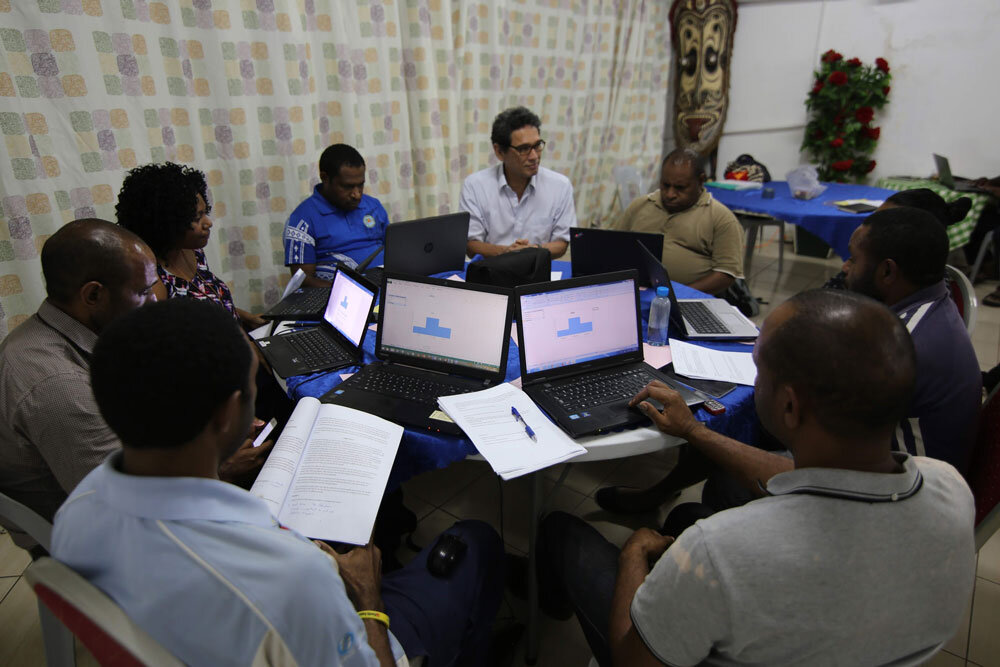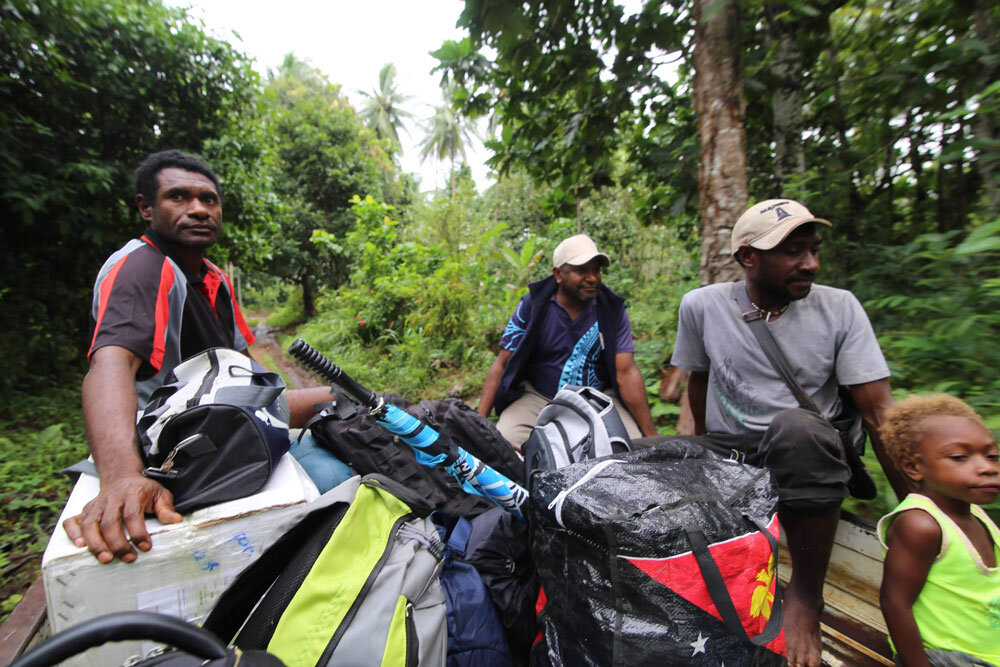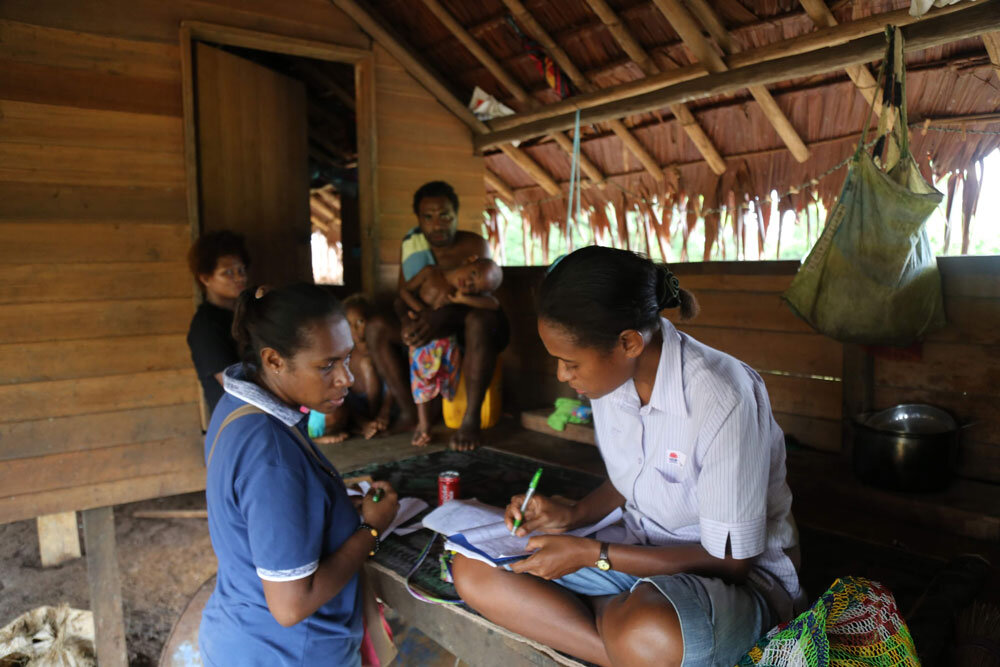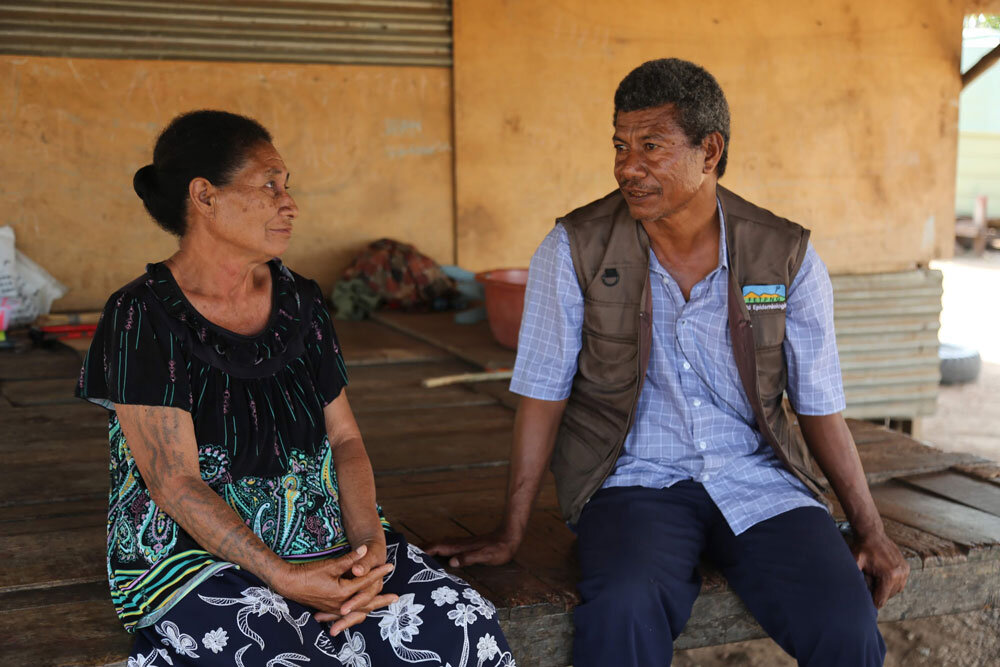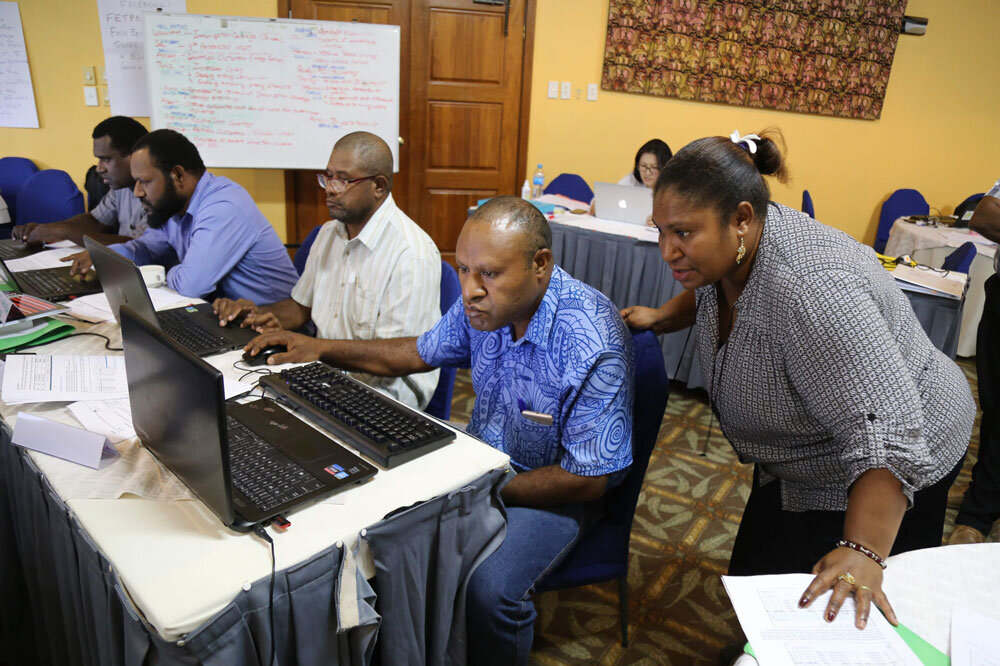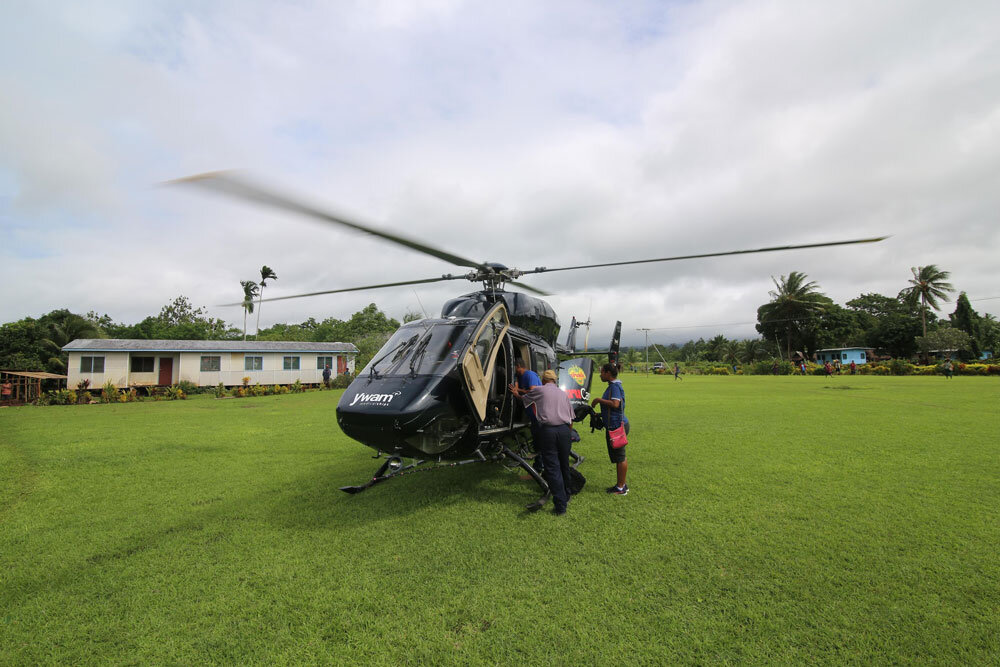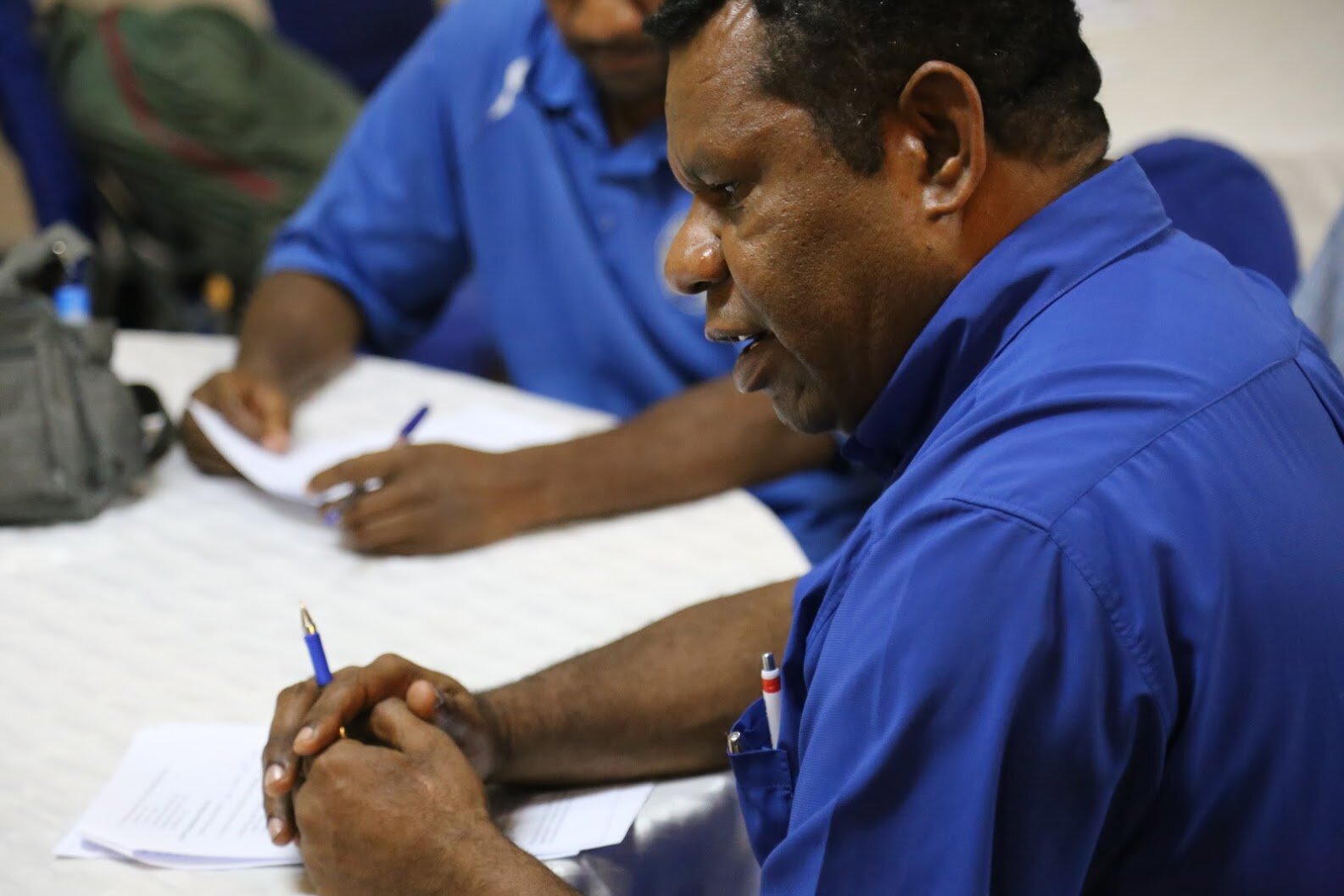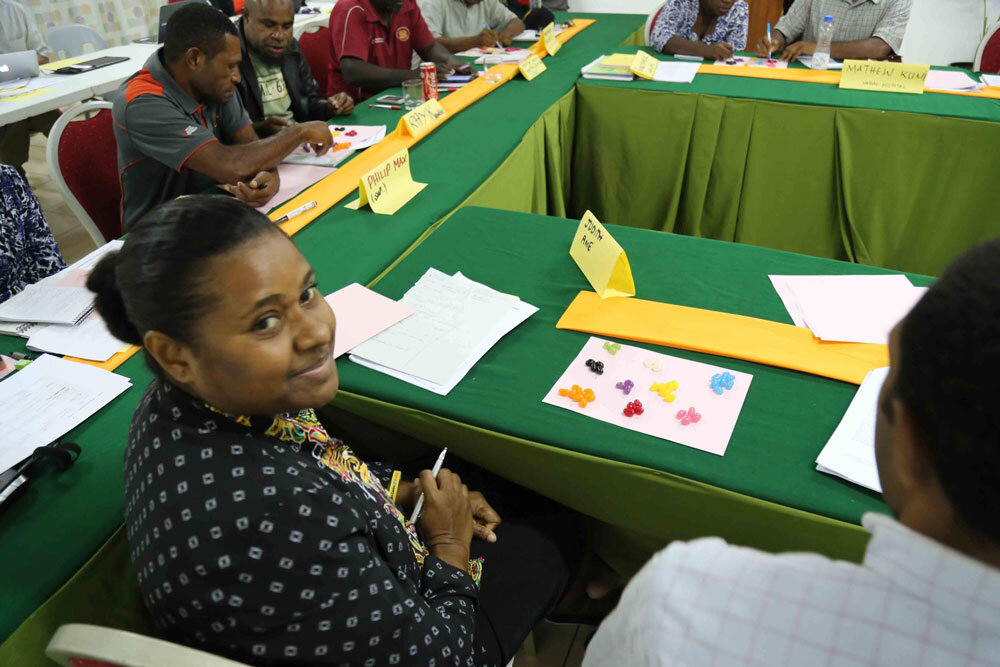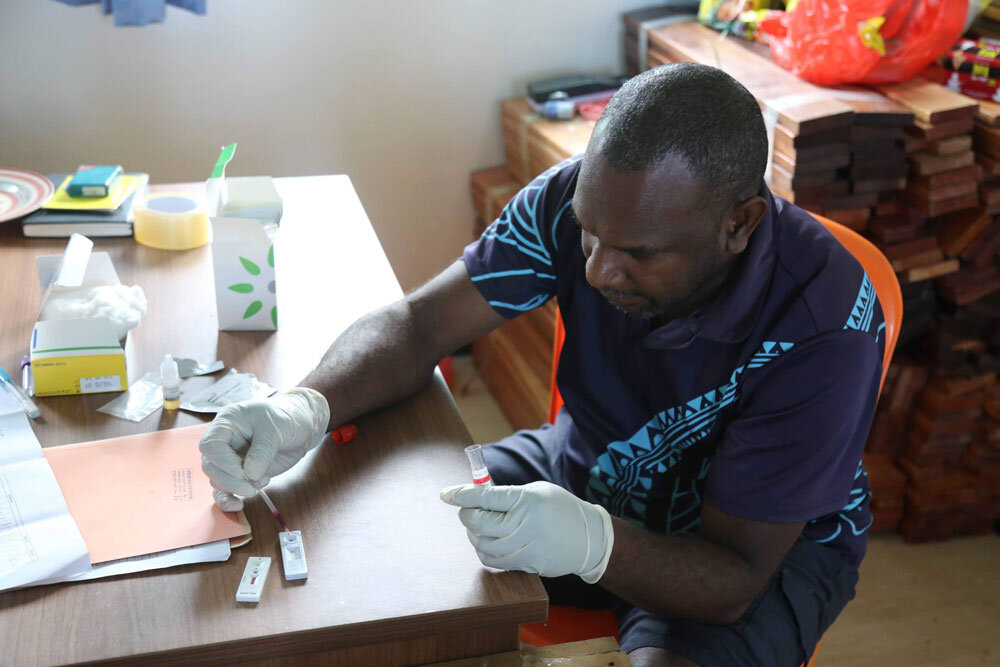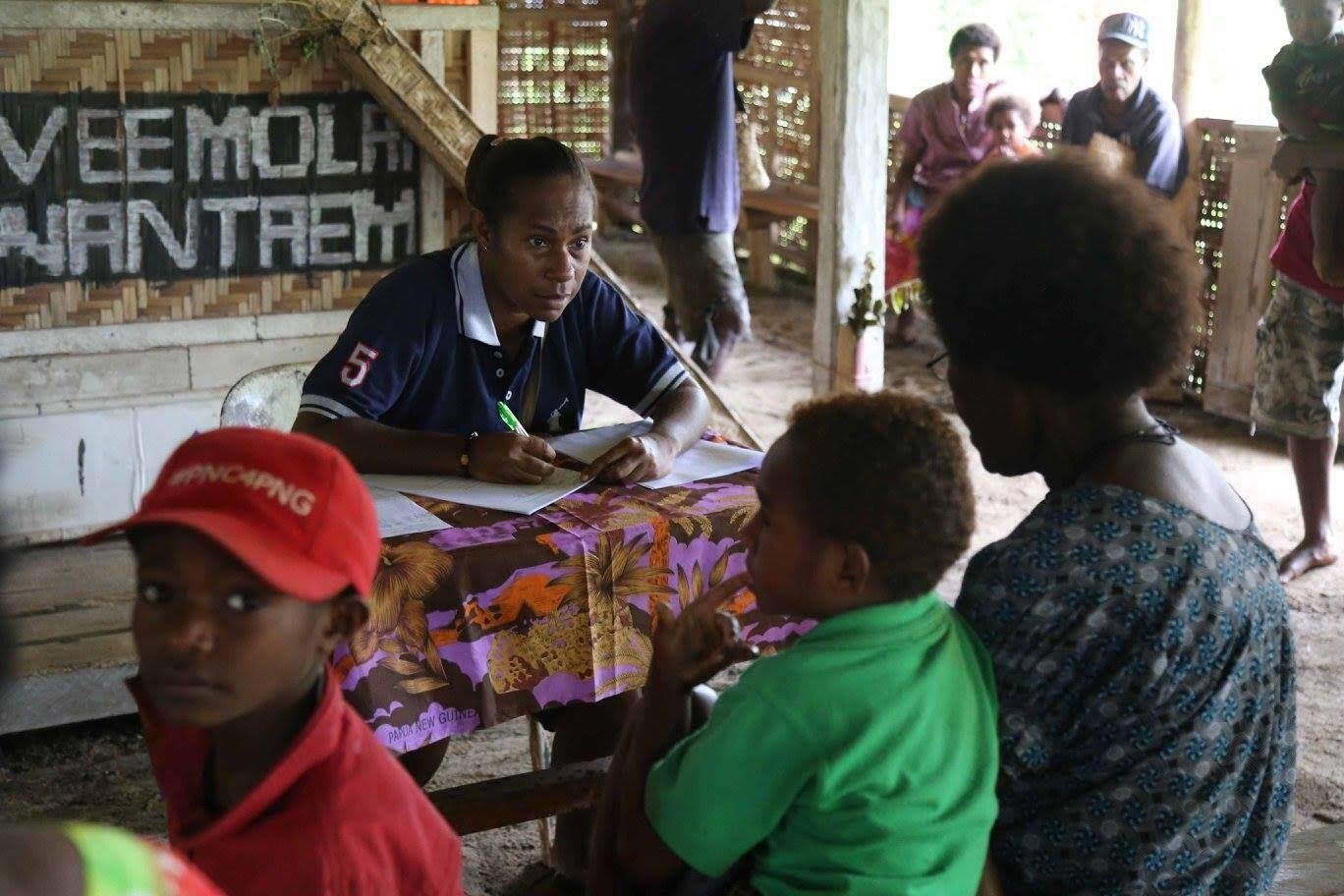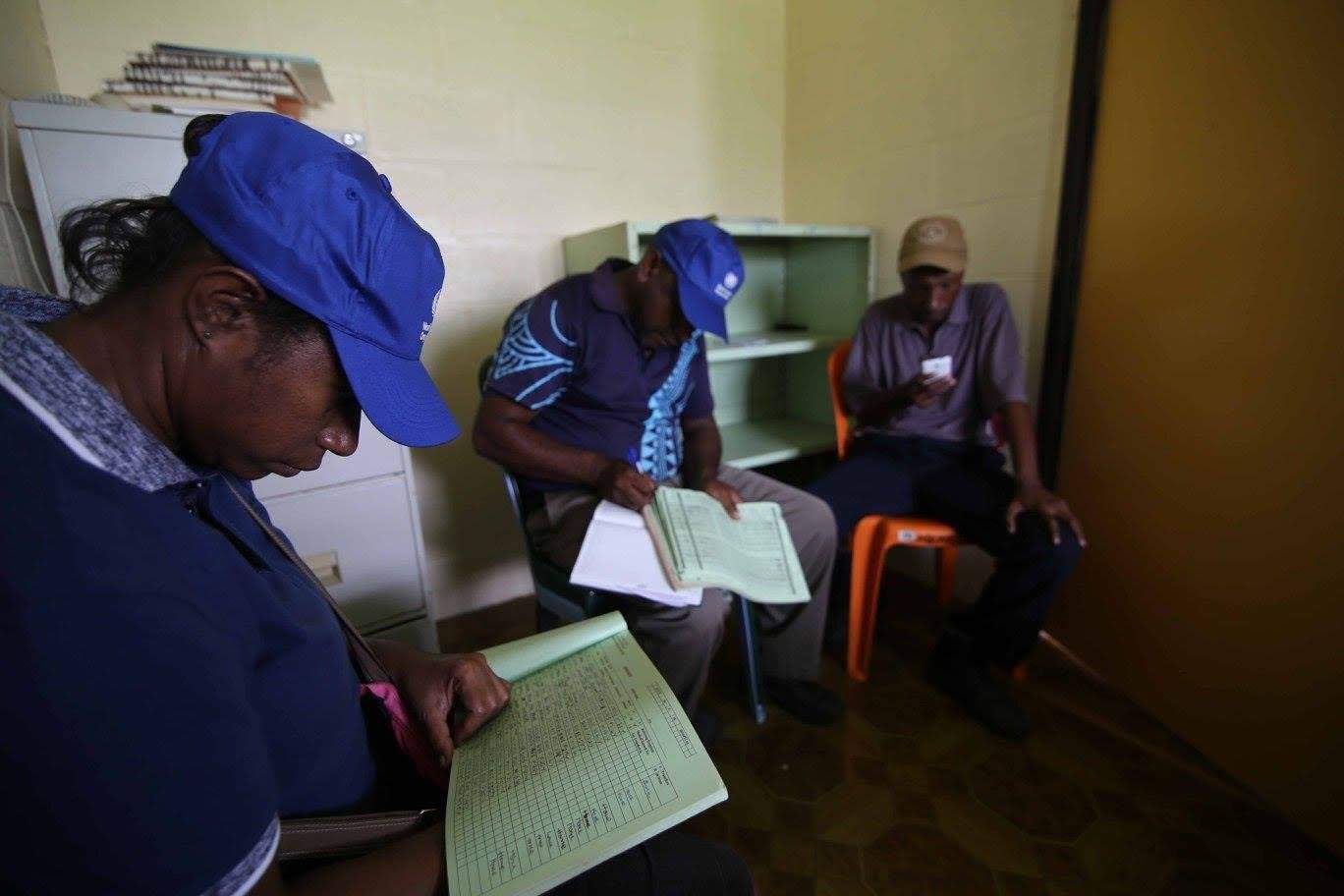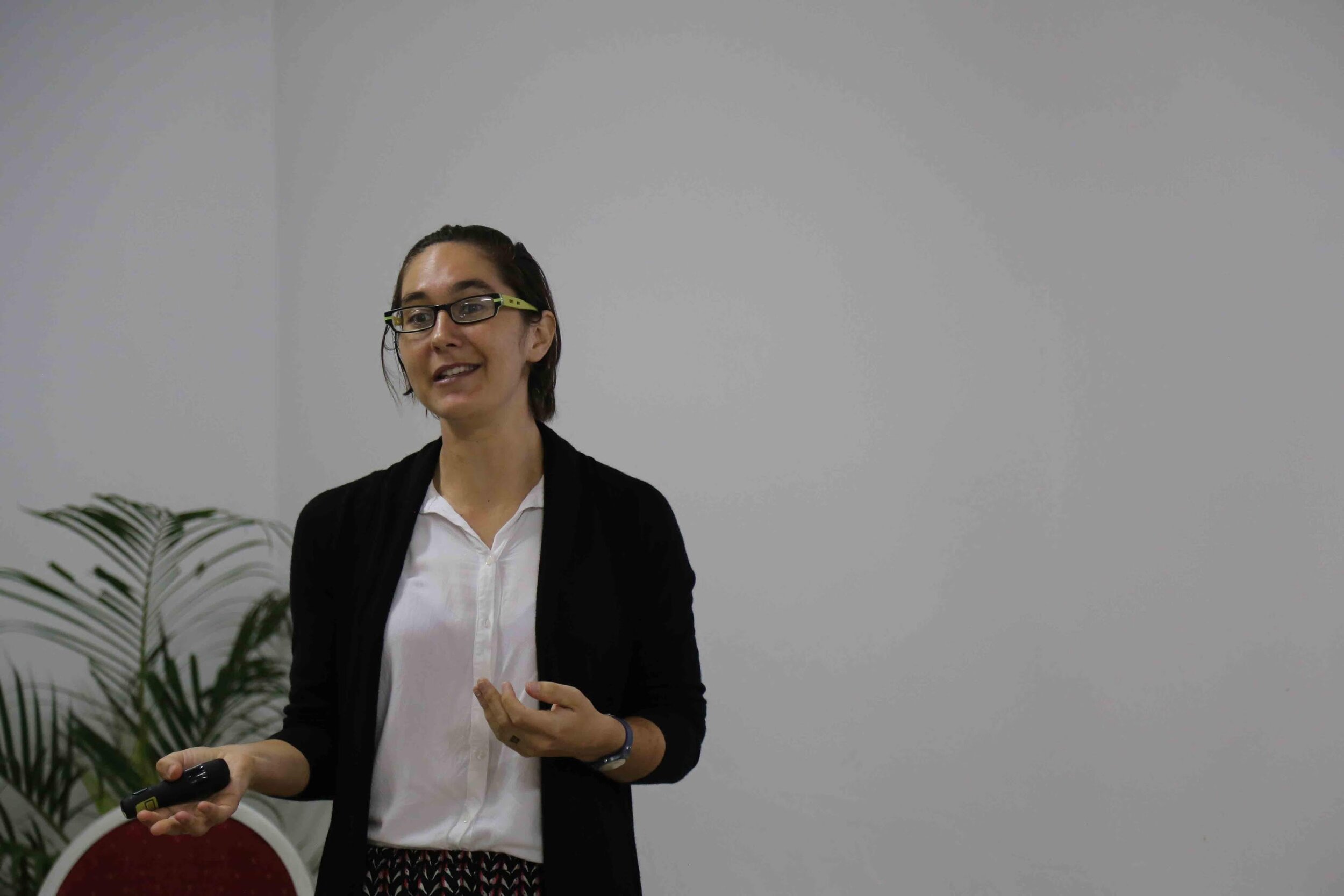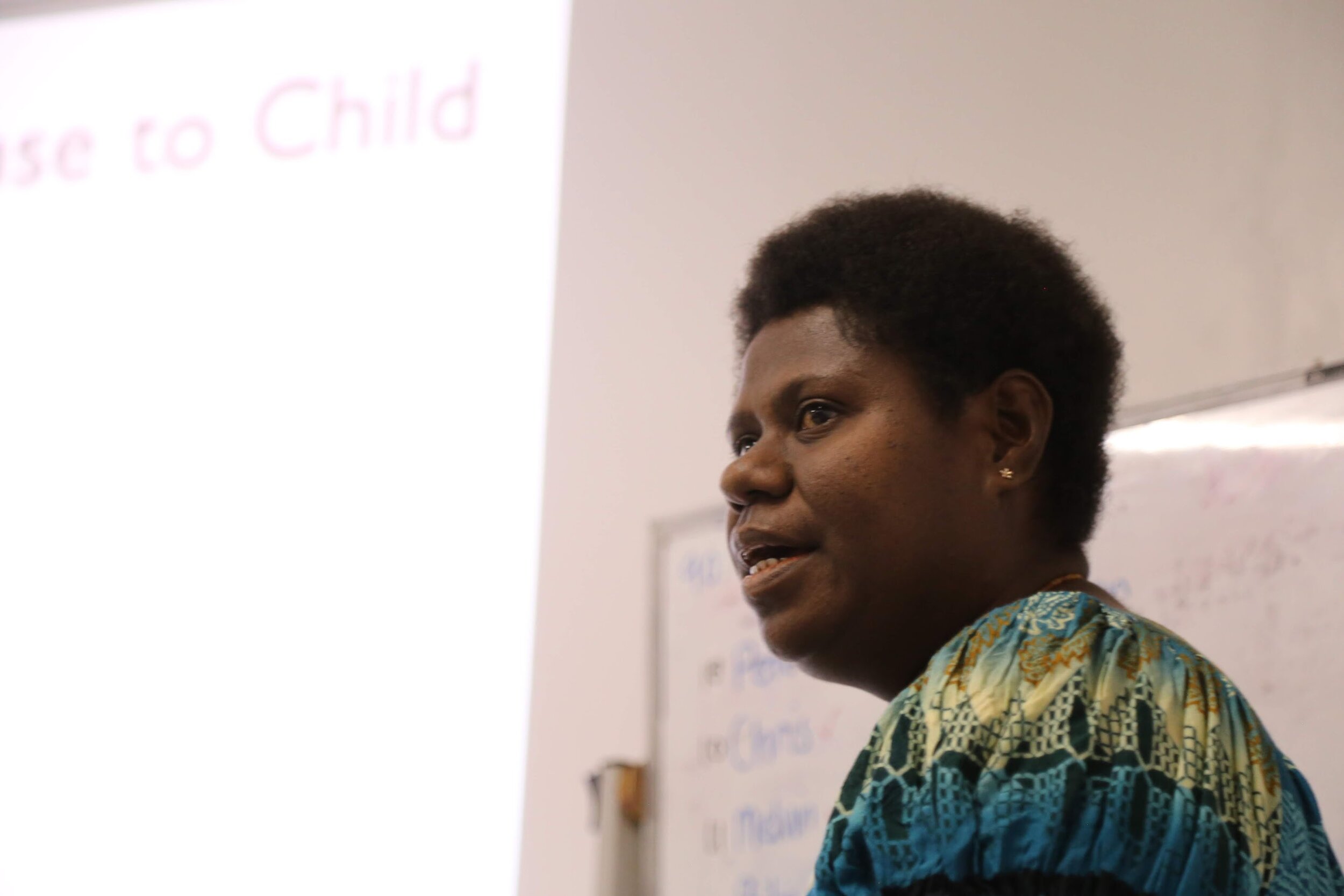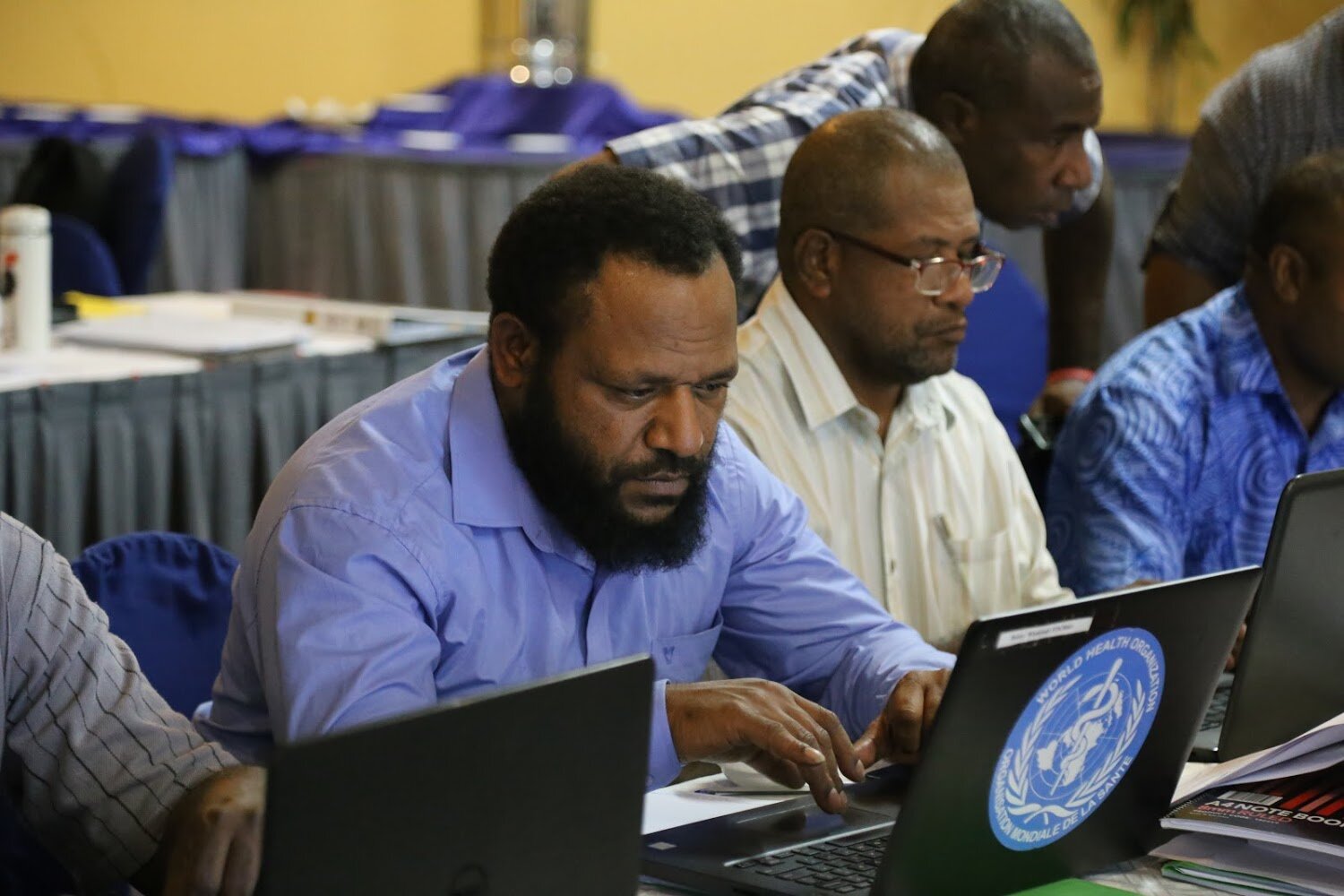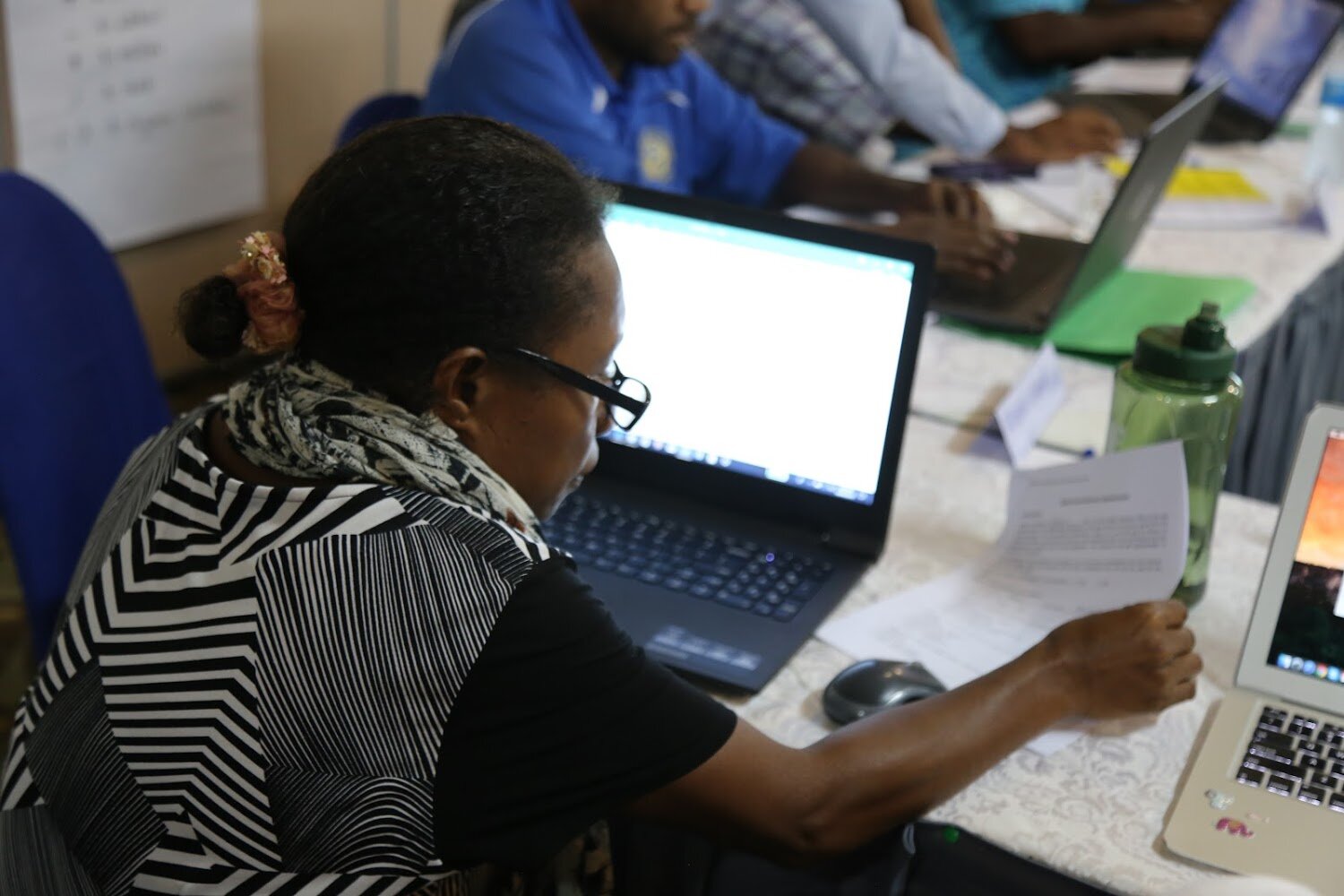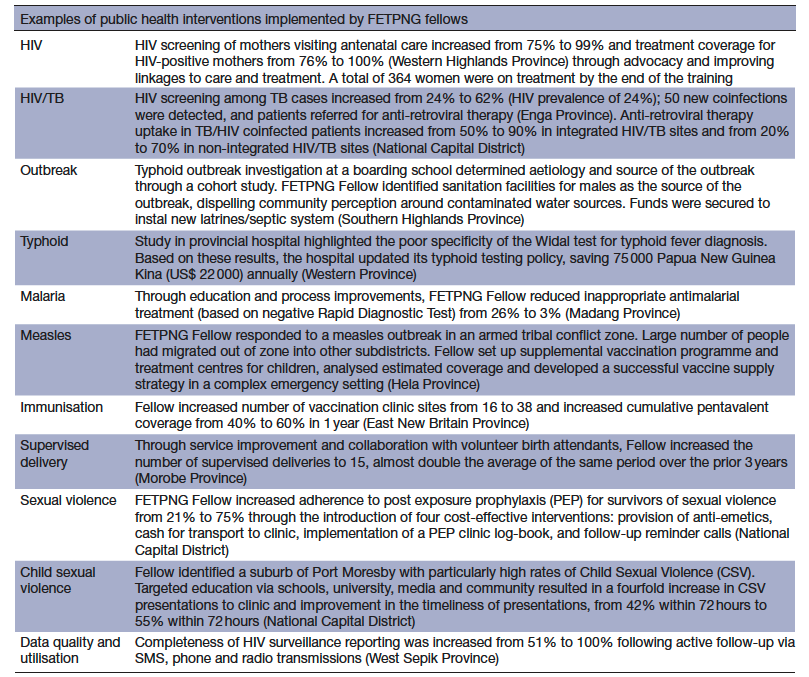Intermediate Field Epidemiology Training Program of PNG (iFETPNG)
The intermediate Field Epidemiology Training Program of Papua New Guinea (iFETPNG) is one of 4 workforce development program that falls under the National Department of Health’s FETPNG unit. The other programs are the frontline FETP (fFETPNG), the advanced FETP (aFETPNG) and the Rapid Response Team training program (RRT).
iFETPNG is an intervention-based FETP that has been run by the PNG National Department of Health (NDOH) since 2013. It is a workforce development program that is embedded and championed by Papua New Guinea (PNG) National Department of Health (NDOH); it trains PNG’s public health workforce at the district, provincial and national level.
What is iFETPNG?
The intermediate field epidemiology training programme of Papua New Guinea (FETPNG) is a National Government initiative to develop a responsive public health workforce and strengthen health systems across all levels of government. The NDOH designed iFETPNG to equip health practitioners with the knowledge, skills and confidence to implement data collection, analysis and interpretation, disease surveillance and outbreak response. Alongside these traditional field epidemiology competencies, iFETPNG also includes an operational research component where Fellows design, implement and evaluate an intervention project to address pressing local public health issues. It is one of the few field epidemiology training programmes in the world to include evidence-based intervention projects as a focus of the Fellows training.
For further details, please refer to the following paper:
History of iFETPNG
In 2012, a meeting was held by the NDOH and partners to address the shortage of epidemiological capacity in the health service. The recommendations of the meeting were presented to leadership at the NDOH and WHO Country Office, followed by a summit to reach consensus on the structure of the training programme and specific programme goals. Consequently, a field epidemiology training plan developed whereby:
The NDOH would house and administer the programme.
The programme would be practically oriented with the aim of providing tangible, meaningful benefits.
Fellows from provincial and district health offices would be prioritised.
An 8-month curriculum was to be preferred over a traditional 2-year programme in order to rapidly address capacity needs.
Fellows would remain in their jobs during training.
iFETPNG commenced in 2013 with the goal of training at least one field epidemiologist in each of the 22 provinces within 5 years, and one in each of the 89 districts within 10 years. The first target has been met and the program is on track to meet the second.
Program Structure
The programme consists of five training phases over 8 months. Each cohort typically consists of 15–20 health workers (Fellows) supported by a team of trainers and mentors (faculty). The curriculum is focused on developing competencies that are retained, applied and lead to measurable impacts. Skills learnt in workshop 1 are applied during epidemiological field projects where Fellows explore a public health problem. During workshop 2, Fellows design a public health intervention to address this problem. An evidence-based intervention is implemented, monitored and evaluated during the second fieldwork phase. During each workshop, Fellows present their epidemiological and intervention project plans and results to other Fellows and faculty for discussion and critique. Programme managers and senior executives from NDOH and WHO also attend these presentations. Graduates of the programme are encouraged and supported to present their findings to workplace managers and at national and international conferences. They are also encouraged to publish their findings.
Why is iFETPNG needed?
Papua New Guinea (PNG) faces a critical shortage of human resources to address pressing public health challenges arising from an increasing burden of communicable and non-communicable diseases. FETPNG aims to directly address this challenge through an intervention based field epidemiology training program.
How is iFETPNG different?
· On the job training: Fellows remain in their workplaces during the program and directly apply their newfound skills to address public health challenges they encounter in their work.
· Mentor based: the best learning comes from mentorship, both in the classroom and in the field. Each Fellow is paired with an experienced mentor to coach, guide and direct them through the program.
· Intervention focused: FETPNG Fellows saves lives, sometimes hundreds of lives, through the course of their training. In addition to responding to outbreaks, Fellows design public health interventions based on evidence they have compiled during their field work. Interventions are simple solutions to serious public health challenges. All interventions are implemented using existing workplace resources.
· NDOH owned: FETPNG is embedded within the NDOH in order to enable direct involved in real-time surveillance and public health interventions that only NDOH affiliation can achieve
Impact of iFETPNG
From 2013 to 2019, a total of 93 Fellows graduated from FETPNG, including two Fellows from Solomon Islands. All Fellows remained in their jobs during training. The overall proportion of females graduating was 40%. At least one FETPNG Fellow has graduated from every PNG province, as well as the Autonomous Region of Bougainville and the National Capital District. Following graduation, 21 (26%) Fellows have presented their work at international conferences; including global or regional Training Programs in Epidemiology and Public Health Interventions Network (TEPHINET) meetings. In 2018, 96% (n=78) of all FETPNG graduates and current Fellows were involved in supporting the response to an outbreak of vaccine-derived polio virus 1 (cVDPV1) in PNG, with several playing lead roles in Provincial Emergency Operations Centres. In a similar way, the vast majority of FETPNG graduates were involved in the COVID-19 response. Many have been involved in ongoing outbreak response activities and continued their operational research projects and interventions.
Types of Intervention Projects
